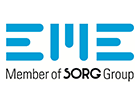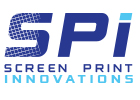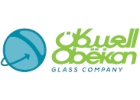AGC Glass Europe and T-Mobile Czech Republic have successfully completed initial testing of Waveattoch, a type of antenna for mobile networks installed directly onto glazed facades.
Once installed, it helps to improve the quality of coverage and the capacity of mobile networks, including 5G, especially in historic city centres, where installing conventional antennas on the walls of houses is inappropriate.
The antennas were tested together with the another AGC solution: Wavethru, a thermal insulation window glass whose surface has been processed to enable radio signals to more efficiently penetrate into and circulate within buildings.
Wavethru reduces signal attenuation through the glass by a factor of 10 to 100 (depending on the frequency band of the signal), while retaining its key thermal insulation properties.
“We adapted our solution to the needs of T-Mobile. For example, we added the new 1.8 and 2.1 GHz frequency bands to the existing upper Sub-6 bands (2.6-6GHz).
“The lessons learned where extremely beneficial for our expansion in Europe,” says Philipp Jaeger, AGC’s Account Manager for Telecom Infrastructure Products.
The test was conducted earlier this year and involved placing Waveattoch glass antennas at a height of approximately 10 meters on the windows of T-Mobile's headquarters in Roztyly, Prague.
At the same time, the existing double-glazed windows were replaced with double glazing processed with the Wavethru surface treatment to restore high-quality communication in the building.
Testing covered the band of 1,800MHz and 2,100MHz especially supporting 4G network for voice and data services.
The initial results showed that the two innovative solutions tested are feasible and functional concepts that could help mobile operators and cities address the growing demand for high-speed mobile Internet access.
The test confirmed that Wavethru improved signal quality and signal levels in the selected locations.


























